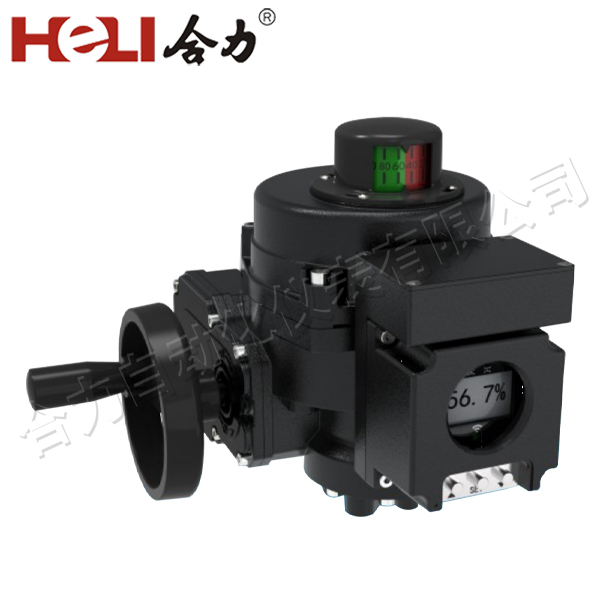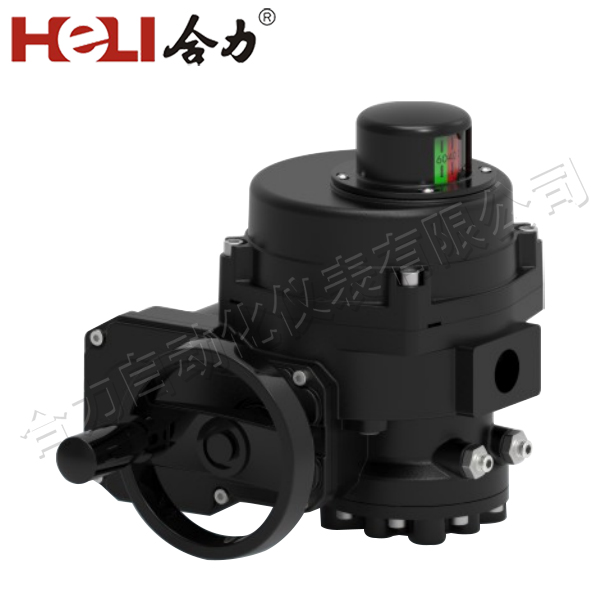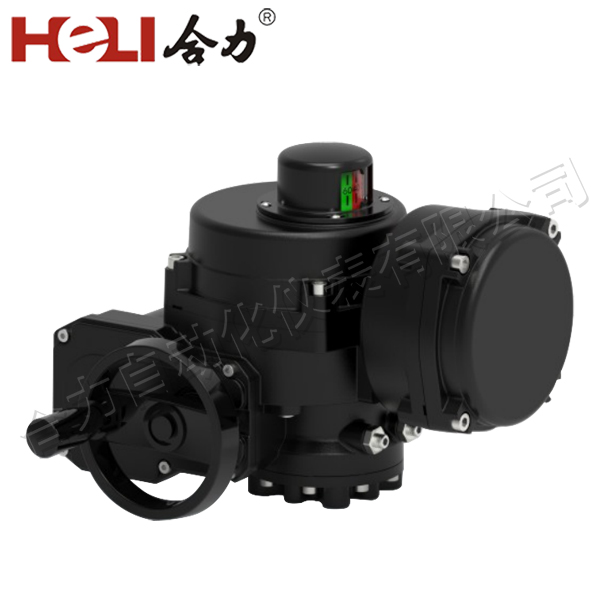the future of mobility: hydrogen energy electric actuators
Release time:2024-12-11 20:09:25
In an age marked by an increasing emphasis on sustainability and reducing carbon footprints, hydrogen energy has emerged as a pivotal player in the quest for cleaner energy sources. Among its various applications, the hydrogen energy electric actuator stands out as a significant technological innovation. This article explores the concept of hydrogen energy electric actuators, their working mechanisms, benefits, applications, and the challenges that lie ahead.

Understanding Hydrogen Energy Electric Actuators

At its core, a hydrogen energy electric actuator is a device that converts hydrogen fuel into mechanical movement, enabling enhanced control in various systems. These actuators function by leveraging the chemical energy of hydrogen. When hydrogen combines with oxygen, it produces electricity through a process known as electrolysis or via a fuel cell, and in turn, this electricity powers electric motors. This technology offers a promising alternative to traditional actuators that rely on fossil fuels or electricity derived from non-renewable sources. Working Mechanism




